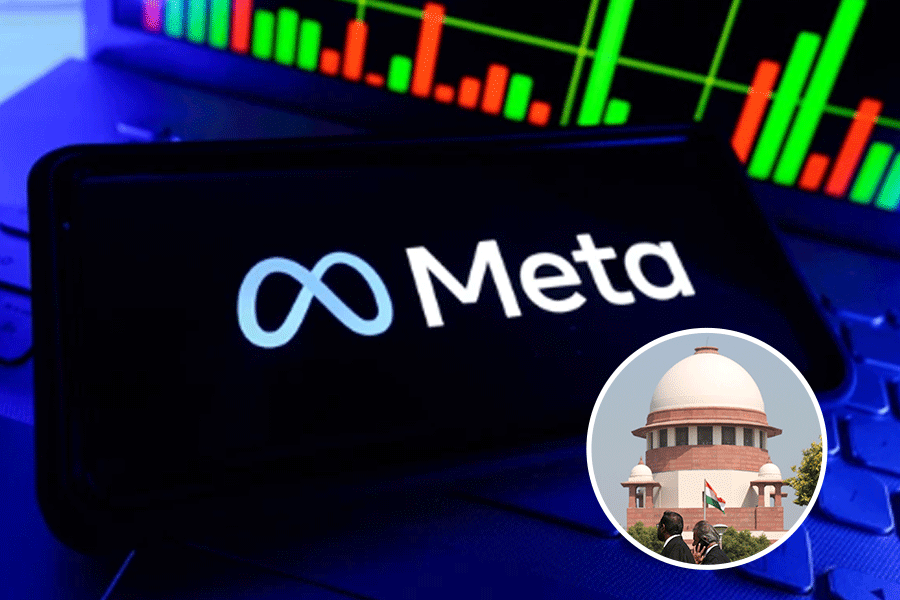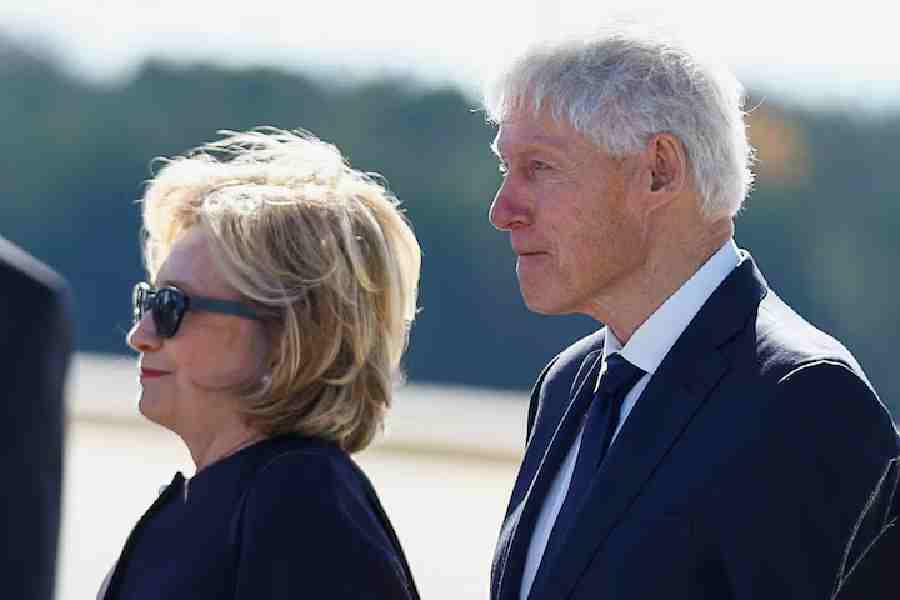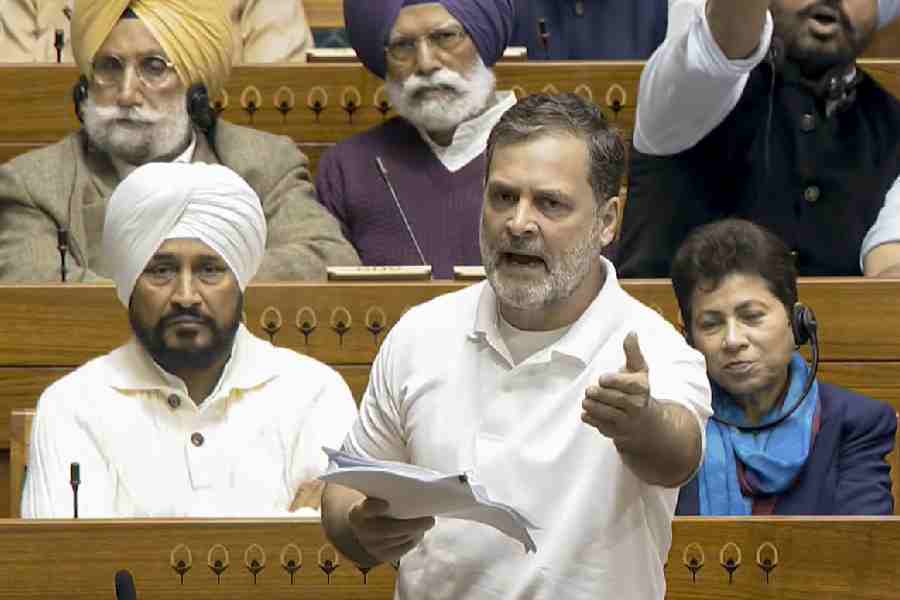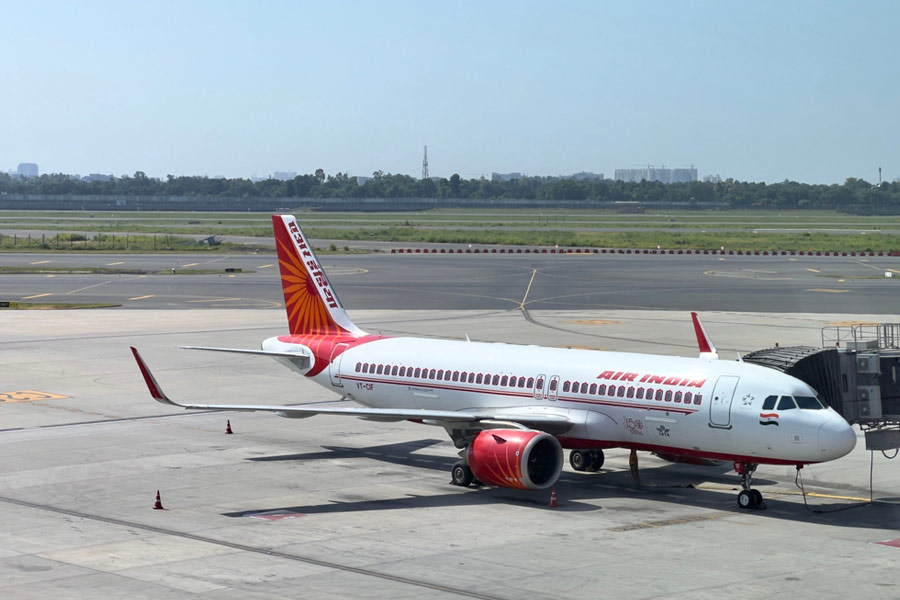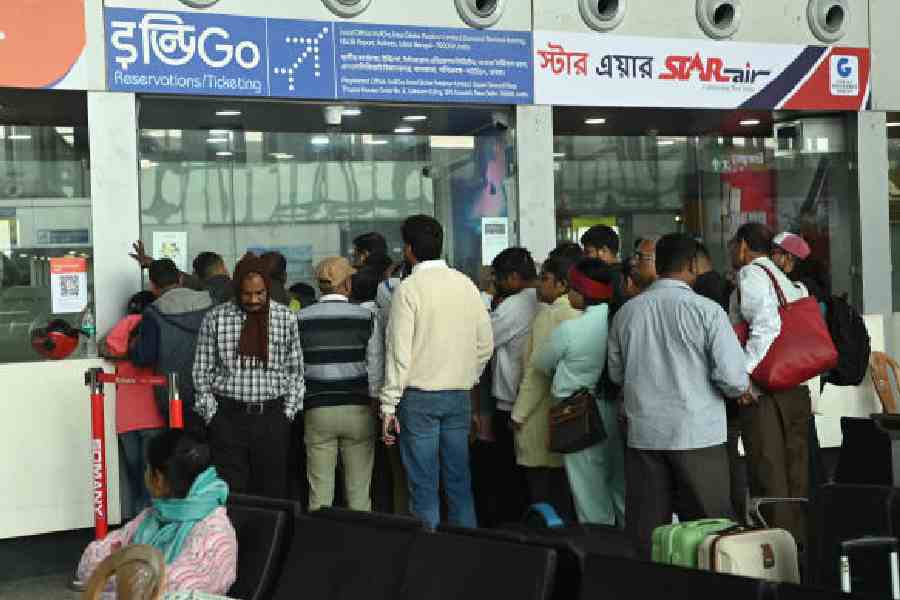The Centre on Wednesday reversed a week-old order and allowed central universities to resume recruiting teachers, a process being conducted through online interviews amid the pandemic.
Teachers expressed dismay, accusing varsity authorities of opacity and rule violations in online recruitments and arguing that such recruitment disadvantaged candidates with poor access to quality devices and high-speed Internet.
On August 25, the Centre had asked central universities to freeze the recruitment of teachers and other employees until “complete lifting” of the lockdown, gladdening, among others, JNU teachers who had repeatedly complained about irregularities in faculty appointments.
But after the vice-chancellors protested, the Union education ministry issued a fresh letter on Wednesday asking central universities to resume online recruitments.
“This (August 25) decision has been reviewed on basis of representations received from vice-chancellors and now it has been decided to allow recruitment process to continue as per rules,” the latest letter said.
Stressing the obvious, it asked universities to ensure full transparency in recruitment and give every eligible candidate a fair and equal opportunity.
“Transparency is very subjective for the JNU administration. Many candidates have gone to court over the lack of transparency,” Moushumi Basu, member of the JNU executive council and a teacher at the university’s Centre for International Politics, said.
Online recruitments had been under way in full swing at JNU till the August 25 directive, with the university’s teacher association lodging several complaints with the Union education ministry about irregularities in the process. The association had sought a freeze on recruitments at least till the lockdown was lifted and physical interviews were possible — which is what last week’s letter directed.
Citing an example of the alleged irregularities, Basu said the varsity authorities had tweaked, during short-listing, the criterion declared in the advertisement for a faculty post at the National Security Study Centre.
The advertisement had sought candidates with MA or MSc degrees apart from certain other specified degrees. But eventually, the administration did not interview those without an MSc, Basu said.
She added that the JNU administration had reduced the number of posts reserved for the Scheduled Castes and the Scheduled Tribes by tweaking the roster of posts.
Every university has to maintain a roster that states the sequence in which reserved and unreserved posts would be filled in each department.
“I believe many candidates will not be able to participate properly in online interviews because of the digital divide,” Basu said.
Rajesh Jha, member of Delhi University’s executive council, too was unhappy with the government’s change of heart on online recruitment.
“Transparency is difficult to maintain in online interviews. The candidate’s friends can help him while remaining outside the screen view,” he said.
“The candidate can receive help via remotely assisted hearing aids. Last week’s decision came because of allegations of manipulation; by withdrawing it the government has allowed the continuation of wrongdoing by the universities.”
An email sent to the education ministry seeking the reasons for its about-turn remained unanswered.
Nor did JNU vice-chancellor M. Jagadesh Kumar answer an email seeking his comments on the teachers’ allegation of irregularities in recruitment.


